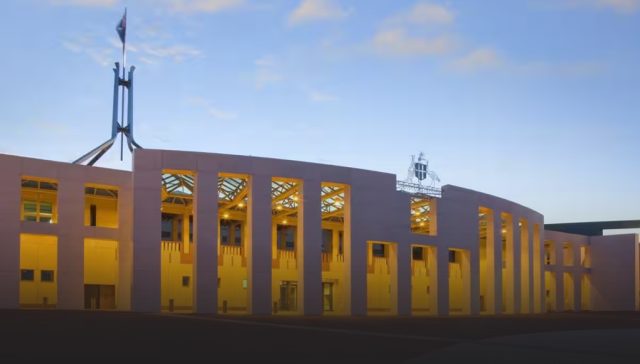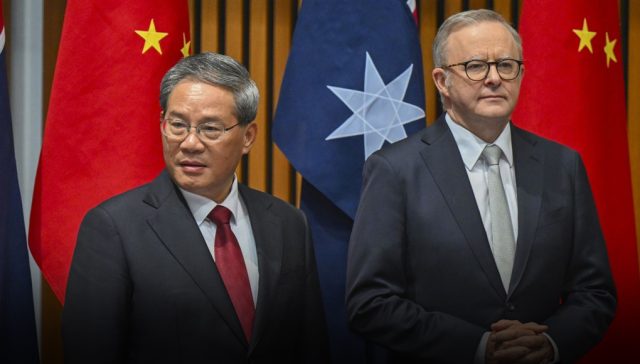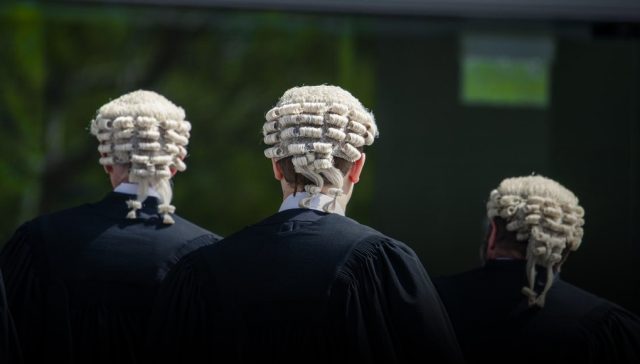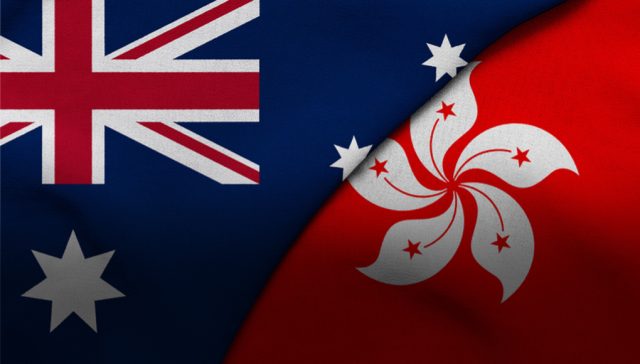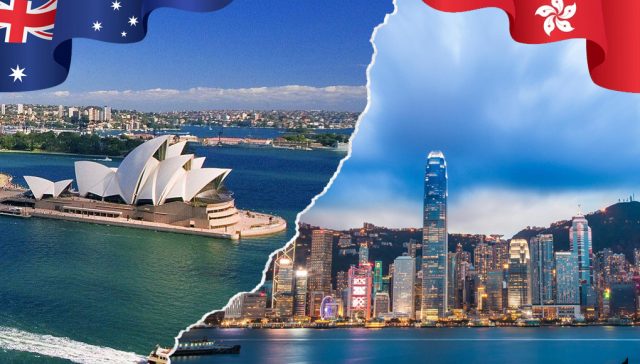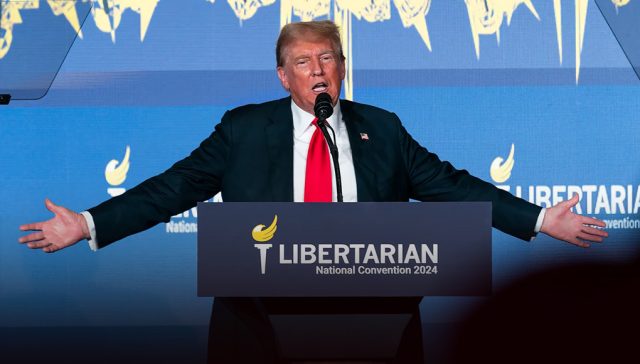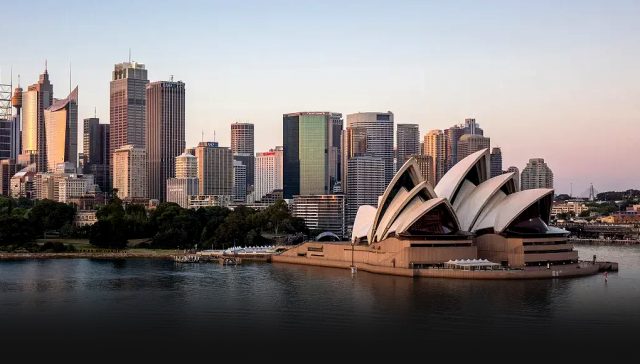Politics, Strategy, Campaigns, Elections
Freedom, Moral Norms and the State
Are moral norms compatible with individual freedoms? The answer should be an obvious “yes”, yet in Western liberal democracies like Australia there appears to be growing doubt, confusion and uncertainty. A society that permits individual freedoms necessarily results in moral pluralism. Moral pluralism, in turn, manifests in the existence of diverse moral norms, which is to say moral speech...
The New Coalition?
While falling well short on some key issues, it’s been heartening at least to see the Federal Coalition leading the discourse and taking some risks on genuine reform. Left in ruins after being swept from office in 2022, many commentators questioned the viability of the Liberal party. But within two years they have surged back into relevance, and with a...
Facing China with a Third Path: The Libertarian Road
Chinese Premier Li Qiang has just concluded a four-day visit to Australia, marking the highest-level visit in seven years and widely seen as a full restoration of Sino-Australian relations. Over the past few decades, Sino-Australian relations have experienced ups and downs, primarily reflecting two distinct paths: the friendly approach of the Labor Party and the adversarial stance of the...
None So Intolerant as the Tolerant
The Victorian Bar – you remember them – was a big advocate for the Yes side in the referendum. Fifty-seven per cent of the Victorian Bar considered the constitutional amendment ‘sound, appropriate, and compatible with Australia’s system of representative and responsible government’. Such ignorance could only come from a highly woke and politicised Bar. Fortunately, Victorians voted 54 per...
What “Decolonisation” Really Looks Like
“Decolonisation” is the left’s One Big Idea. Hamas is showing us what it looks like in practice. Greens deputy leader Mehreen Faruqi issued a rather telling tweet in response to the October 7 pogrom. When PM Anthony Albanese finally stirred himself to respond with a declaration of sympathy for Israel, Faruqi responded, “One colonial government supporting another, what a disgrace”. Faruqi...
Reassessing Australian Judges’ Role in Hong Kong’s Court of Final Appeal (Part 2)
IntroductionIn the previous part, I discussed the historical background and recent political developments in Hong Kong that have raised concerns about the role of Australian judges in Hong Kong's Court of Final Appeal. This part will examine specific cases involving Australian judges to assess their contributions and the extent to which they have challenged the infringement of human rights...
Reassessing Australian Judges’ Role in Hong Kong’s Court of Final Appeal (Part 1)
Historical BackgroundAs an Australian legal practitioner with Hong Kong roots, I am compelled to address a critical issue: the participation of retired Australian judges in Hong Kong's Court of Final Appeal. Historically, overseas judges were included in Hong Kong's judiciary to uphold judicial independence under the "One Country, Two Systems" principle established during the 1997 handover of Hong Kong from...
The Art of the Deal
US Libertarians met for their National Convention in Washington DC late last month, where they heard from a range of speakers and selected their presidential candidate. However, this was unlike any other Libertarian National Convention – in fact, it was unlike any prior political party convention in US history. MAKE AMERICA LIBERTARIAN AGAIN The headline speaker for the Libertarian National Convention...
Mind Your Language
Everyone knows a suit is comprised of a jacket and a pair of pants. Two jackets are not a suit. Neither can two pairs of pants be called a suit. This was an argument I often made during the marriage debate. Marriage, I argued, was the joining of a man and woman in a special relationship. If two men or two...
Broken Systems and the Deteriorating Psyche of Our Nation.
Australia is on life support – politicians “and” the people are both to blame. Few people could deny that Australia is not well. The cost of living is unacceptably high. Home ownership is a long-lost dream. Our mental health is deteriorating rapidly. We are at war with one another over almost every issue. Polite debate has disappeared from our public discourse,...







